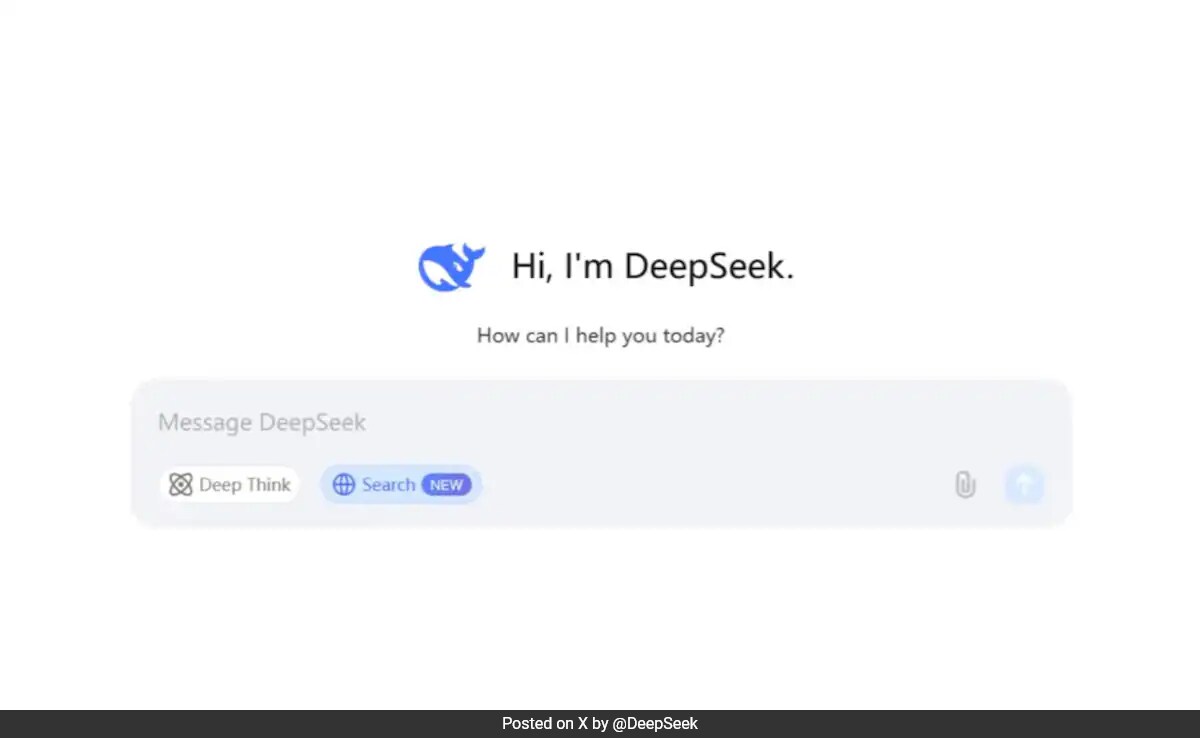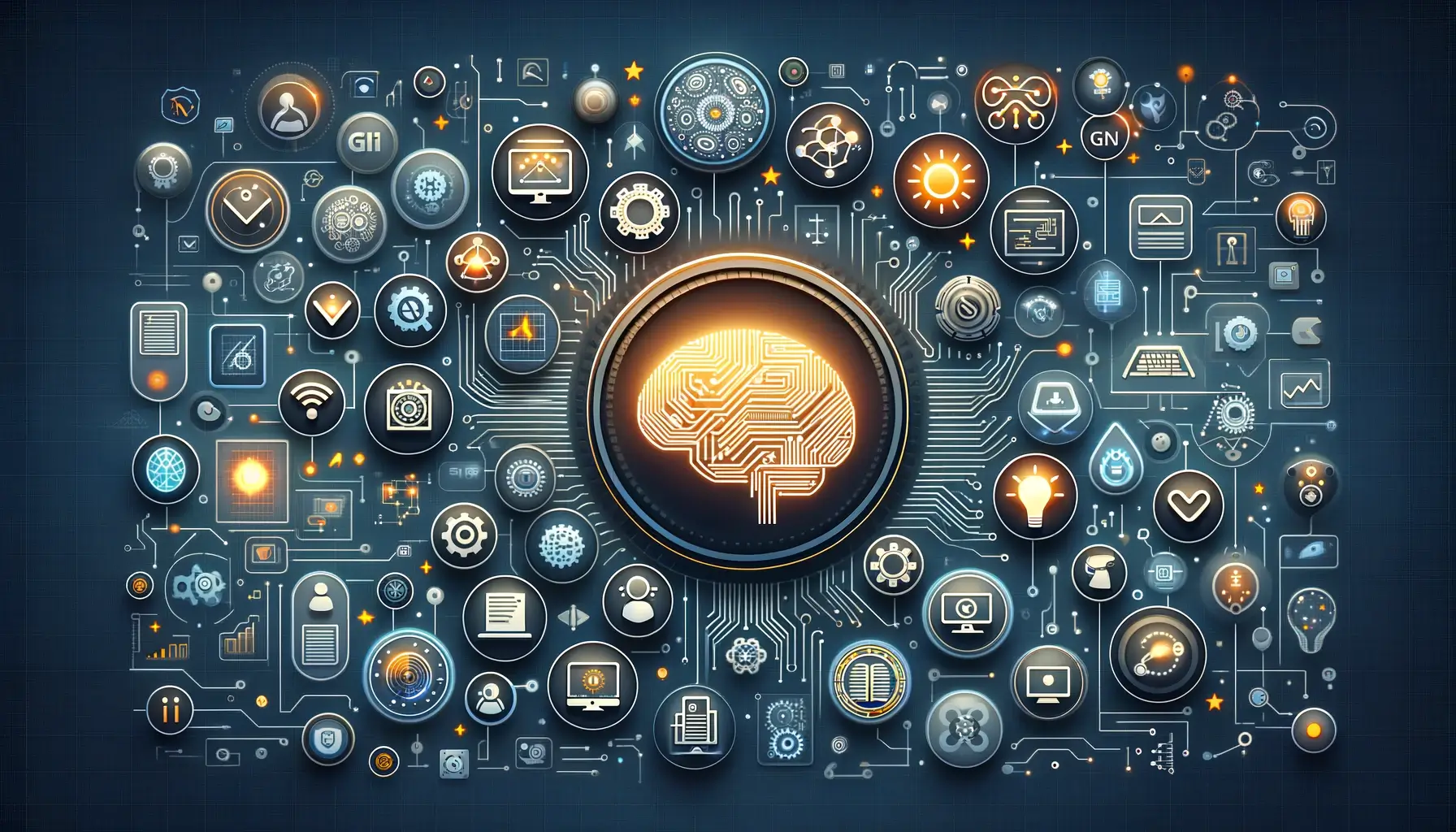For Christmas I received an interesting present from a good friend - my very own "best-selling" book.

"Tech-Splaining for Dummies" (fantastic title) bears my name and my picture on its cover, and it has radiant evaluations.

Yet it was totally written by AI, with a few simple prompts about me provided by my friend Janet.
It's a fascinating read, and very funny in parts. But it likewise meanders quite a lot, and is somewhere in between a self-help book and a stream of anecdotes.
It imitates my chatty style of writing, however it's likewise a bit repetitive, and very verbose. It may have gone beyond Janet's triggers in looking at information about me.
Several sentences begin "as a leading innovation journalist ..." - cringe - which could have been scraped from an online bio.
There's also a strange, repeated hallucination in the kind of my cat (I have no family pets). And there's a metaphor on nearly every page - some more random than others.

There are lots of companies online offering AI-book writing services. My book was from BookByAnyone.
When I contacted the president Adir Mashiach, utahsyardsale.com based in Israel, he told me he had actually offered around 150,000 personalised books, generally in the US, because rotating from compiling AI-generated travel guides in June 2024.
A paperback copy of your own 240-page long best-seller costs ₤ 26. The company uses its own AI tools to create them, based on an open source big language design.
I'm not asking you to buy my book. Actually you can't - only Janet, who produced it, can purchase any more copies.
There is presently no barrier to anybody creating one in anybody's name, including stars - although Mr Mashiach says there are guardrails around abusive content. Each book consists of a printed disclaimer stating that it is imaginary, produced by AI, and created "entirely to bring humour and pleasure".
Legally, the copyright belongs to the company, however Mr Mashiach worries that the item is meant as a "personalised gag gift", and the books do not get sold further.
He wishes to broaden his variety, generating different categories such as sci-fi, and maybe providing an autobiography service. It's developed to be a light-hearted kind of customer AI - selling AI-generated goods to human consumers.
It's also a bit terrifying if, like me, you compose for a living. Not least because it probably took less than a minute to create, and it does, definitely in some parts, sound similar to me.
Musicians, authors, artists and actors worldwide have expressed alarm about their work being used to train generative AI tools that then produce comparable content based upon it.
"We need to be clear, when we are speaking about data here, we in fact suggest human creators' life works," says Ed Newton Rex, founder of Fairly Trained, which campaigns for AI companies to regard developers' rights.
"This is books, this is short articles, this is photos. It's artworks. It's records ... The whole point of AI training is to learn how to do something and then do more like that."
In 2023 a tune featuring AI-generated voices of Canadian singers Drake and The Weeknd went viral on social networks before being pulled from streaming platforms since it was not their work and they had not consented to it. It didn't stop the track's developer attempting to nominate it for a Grammy award. And even though the artists were phony, it was still extremely popular.
"I do not think the use of generative AI for innovative purposes need to be banned, however I do think that generative AI for these purposes that is trained on people's work without consent need to be prohibited," Mr Newton Rex includes. "AI can be really effective but let's construct it fairly and fairly."
OpenAI says Chinese competitors using its work for their AI apps
DeepSeek: The Chinese AI app that has the world talking
China's DeepSeek AI shakes industry and damages America's swagger
In the UK some organisations - including the BBC - have picked to block AI designers from trawling their online content for training purposes. Others have decided to work together - the Financial Times has partnered with ChatGPT creator OpenAI for example.
The UK government is considering an overhaul of the law that would enable AI designers to utilize creators' material on the internet to help establish their designs, unless the rights holders decide out.
Ed Newton Rex explains this as "insanity".
He explains that AI can make advances in locations like defence, healthcare and logistics without trawling the work of authors, journalists and artists.
"All of these things work without going and changing copyright law and messing up the incomes of the nation's creatives," he argues.
Baroness Kidron, a crossbench peer in your house of Lords, is likewise highly against getting rid of copyright law for AI.
"Creative industries are wealth developers, 2.4 million tasks and an entire lot of joy," states the Baroness, who is likewise a consultant to the Institute for Ethics in AI at Oxford University.
"The government is undermining one of its finest performing markets on the vague guarantee of development."
A government representative stated: "No move will be made up until we are absolutely positive we have a practical plan that provides each of our goals: increased control for right holders to help them license their content, access to premium product to train leading AI designs in the UK, and more openness for ideal holders from AI designers."
Under the UK government's new AI plan, a national data library consisting of public information from a vast array of sources will likewise be offered to AI researchers.
In the US the future of federal rules to control AI is now up in the air following President Trump's return to the presidency.
In 2023 Biden signed an executive order that aimed to improve the safety of AI with, to name a few things, companies in the sector needed to share information of the workings of their systems with the US government before they are released.
But this has actually now been rescinded by Trump. It stays to be seen what Trump will do instead, however he is stated to want the AI sector bphomesteading.com to face less guideline.
This comes as a number of claims versus AI companies, and especially against OpenAI, continue in the US. They have been taken out by everyone from the New york city Times to authors, music labels, and even a comedian.
They claim that the AI firms broke the law when they took their content from the internet without their authorization, and utilized it to train their systems.
The AI business argue that their actions fall under "reasonable use" and are therefore exempt. There are a variety of elements which can make up reasonable use - it's not a straight-forward meaning. But the AI sector is under increasing analysis over how it gathers training information and whether it should be paying for it.

If this wasn't all sufficient to consider, Chinese AI company DeepSeek has shaken the sector over the past week. It became one of the most downloaded complimentary app on Apple's US App Store.
DeepSeek claims that it established its innovation for a portion of the rate of the likes of OpenAI. Its success has raised security issues in the US, and threatens American's present supremacy of the sector.
As for me and a profession as an author, I think that at the moment, if I truly want a "bestseller" I'll still need to compose it myself. If anything, Tech-Splaining for Dummies highlights the current weakness in generative AI tools for bigger projects. It is full of errors and hallucinations, and it can be rather challenging to check out in parts since it's so long-winded.
But given how rapidly the tech is developing, I'm unsure how long I can remain confident that my substantially slower human writing and modifying skills, are better.

Sign up for our Tech Decoded newsletter to follow the biggest developments in international technology, with analysis from BBC reporters around the globe.
Outside the UK? Sign up here.



